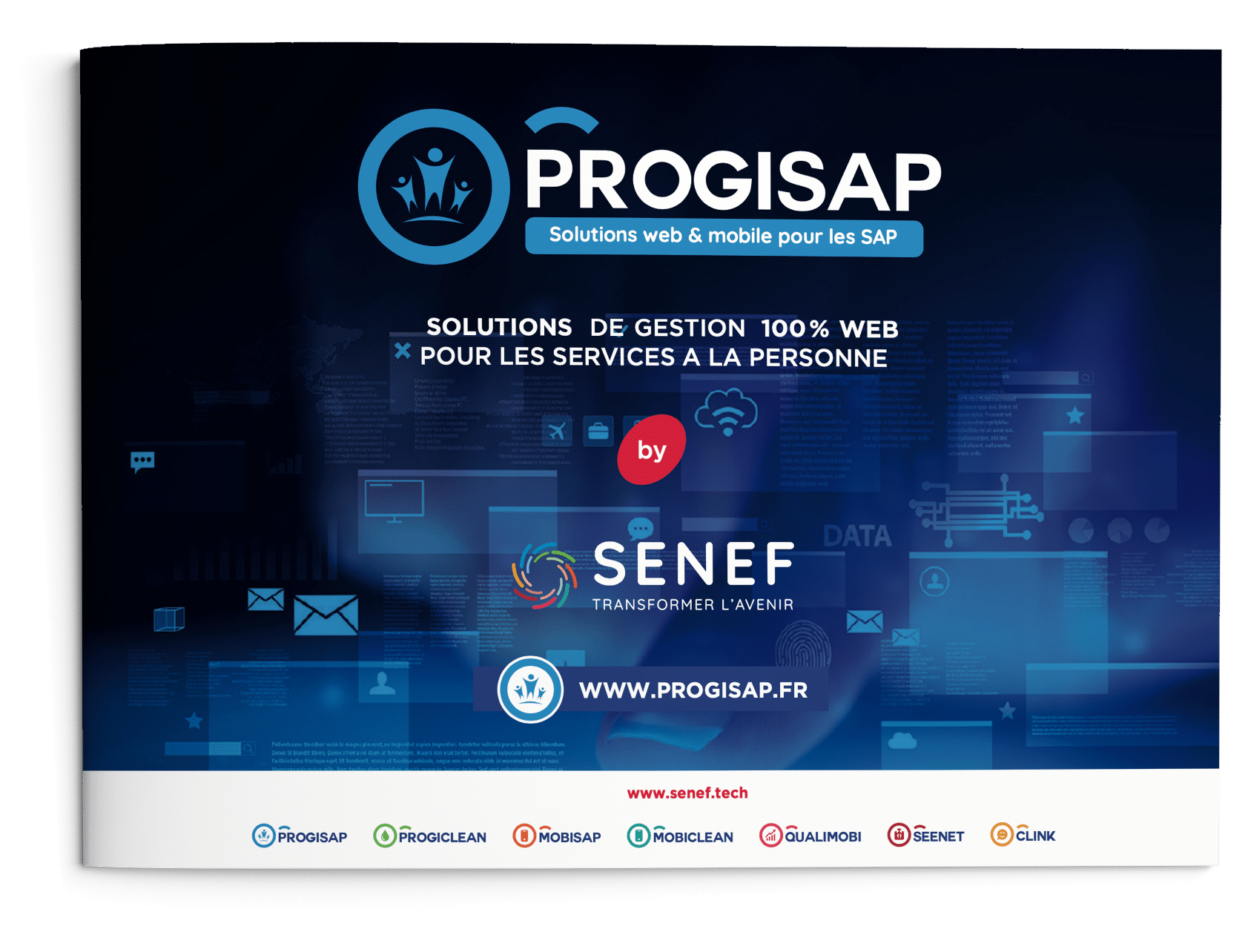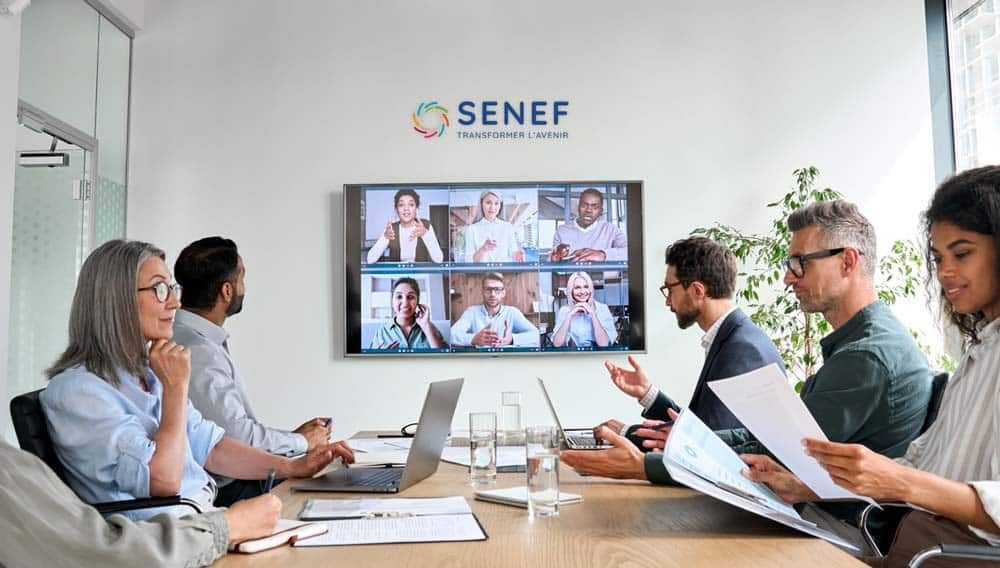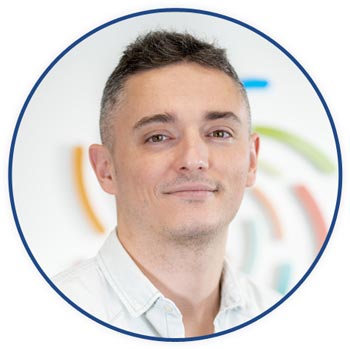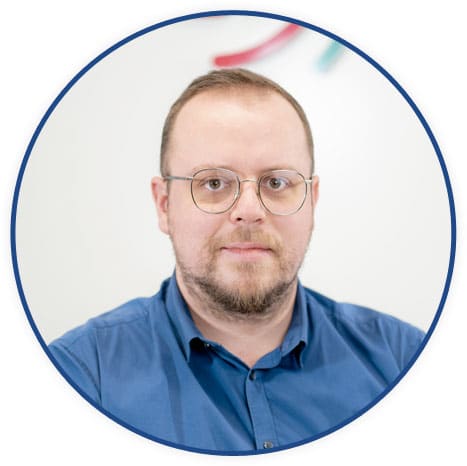Segur Digital Health Cluster Census
As part of the progress of the Ségur du Numérique en Santé, we present our information portal. We are launching a call for expressions of interest in joining a cluster. The form can be found at the bottom of the page just after the article.
1. Advances at Ségur du Numérique en Santé
2. Support for Ségur du Numérique en Santé
3. What is a cluster?
4. Participating in a cluster
1. Advances at Ségur du Numérique en Santé
Since 2020, all the entities (L'ANS, DNS, ASP, L'ARS, CNSA...) have been working together to set up the Ségur du Numérique en Santé.
The Ségur digital health project is an ambitious undertaking that will secure data and enable healthcare professionals and users to share information more widely. This will enable us to provide better support and facilitate care.
To implement Le Ségur du Numérique en Santé, healthcare players can equip themselves with new software versions, if they wish, thanks to government funding. Public authorities and publishers are working together to :
- Closely monitor the operation of these solutions in the field;
- Improve the fluid and secure sharing of healthcare data.
This applies in part to medico-social establishments that provide support for SAADs.
Wave 1 of the Ségur du Numérique en Santé program involves developing core services, respecting certain core businesses and taking stock of the maturity of information systems. The French government is seeking to list ESMSs so that they can benefit from the funding available to upgrade their software.
2. Support for Ségur du Numérique en Santé
The French government has set up a number of subsidies to facilitate access to digital technology for structures in the medico-social sector, in preparation for Wave 1.
- The first is the ESMS Numérique funding scheme, initiated by the CNSA. It is aimed at establishments that need help with the acquisition and renewal of their DUI.
This program aims to generalize the use of digital technology. To apply for ESMS Numérique funding, it is necessary for several establishments to join forces, in what are known as clusters.
- The second is SONS. The French government funds a system specifically dedicated to updating healthcare information systems, based on a "purchase on account" mechanism. For healthcare providers, the State pays the software publisher directly for the software equipment.
The funding is aimed at ESSMSs equipped with a DUI who want to upgrade their IS. The SONS is therefore used to upgrade the DUI, i.e. to modernize and secure software to integrate the requirements of the Ségur du Numérique.
You don't have to go through a cluster to get it.
3. But what is a cluster?
The cluster will enable structures to group together by region or at national level, around a common project, to benefit from financial support such as ESMS Numérique funding, and support to enable its implementation. Clustering is highly recommended for digital projects. Clusters provide an opportunity for establishments to think collectively about possible solutions for taking the digital turn.
To benefit from ESMS Numérique, there are a number of prerequisites:
- A willingness to join forces to carry out an Information Systems project and to pool resources.
- A minimum of 15 establishments is required to apply.
The cluster allows us to come together as a collective and think about solutions through a common project.
The cluster will thus promote :
- Obtain funding for project management,
- Information systems audits,
- Sharing a common vision and a common goal,
- Work collectively on the same subjects and issues...
- Work collectively on the use of new tools,
- Consult each other on purchasing and new equipment.
4. Participate in a cluster
If you wish, you can take part in a cluster to further the deployment of digital technology. Please fill in the form below.

 DOCUMENTATION
DOCUMENTATION






